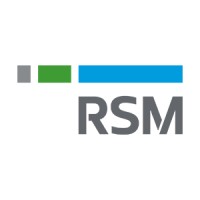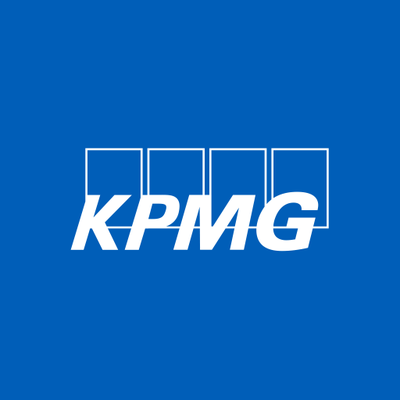In our technology driven society, the job search has transformed to heavy utilization of LinkedIn, Glassdoor, Indeed, Career Builder, and other online resources. As a result, attending career fairs can be extremely valuable for students because there is an opportunity to:
- Meet face-to-face and talk to representatives from different industries and organizations
- Gain job search advice from seasoned professionals
- Find out about available positions and submit your resume in-person to company recruiters
- Expand your network of contacts
- Explore different career paths and industries
How can you fully take advantage of a career fair and impress recruiters? Key preparation is vital to your success and there are five main components.
- Dress to impress in business attire and have documents readily available in a professional portfolio or folder. Have several copies of your most current resume that a career counselor edited and provided feedback on. If you want to go the extra mile, transcripts, letters of recommendations, and a list of references are also good to bring. Have a pen and paper at all times to take notes on key information throughout the day.
- Take a look at the list of employers that will be present at the career fair ahead of time. Identify companies that you are interested in approaching and jot down notes about their background, mission statement, types of positions available, and qualifications desired. Doing extra credit can pay dividends when speaking with an employer and you are able to ask specific questions about their products, services, or mission. In addition, review your past and current educational and professional work. Recruiters will likely ask questions where you need to articulate your qualifications, skills, educational background, as well as short and long term goals. Preparing these answers ahead of time will help you evaluate and deliver your strongest selling points.
- Know your 15-30 second pitch and be assertive! Recruiters are there to answer questions and provide information to interested students. They are happy to speak with you, and will likely be pleased that you approached them. Follow these simple steps:
- Greet recruiters with a firm handshake, a smile, and good eye contact.
- Be prepared to talk about your career goals, why you’re interested in the company, and how your education and/or work experience has prepared you to work in this industry.
- Use your list of prepared questions and feel free to take notes. Thank the recruiter for providing you with helpful information, ask them for a business card, and shake their hand.
- Don’t let the career fair overwhelm you with the high traffic and echoes of people talking over one another. It is possible for students to forget what they want to ask when it’s their turn to speak to the recruiter. One way to prevent this from happening is to prepare talking points and open-ended questions in advance. The process of researching companies will likely spark questions for you. Write those questions down, and keep that list in your portfolio. Some potential questions to consider are:
- What would you advise students who are pursuing a career in this field?
- What does your recruiting process look like?
- What do you like about working for this company?
- Can you tell me about your educational background and how you got to where you are now?
- What do you like to see on an online application and how can one stand out from the crowd?
- What basic qualifications are necessary to be considered for your entry-level job openings?
- Lastly, follow up. By the end of the day, you will (hopefully) have talked to and collected many business cards. The tip to staying organized and remembering each employer is to jot down some notes on their business card. Whether it was the conversation you had, their job application requirement, or their potential job prospects, it can be helpful to refer back to when you send out follow up emails. Don’t let that great first impression you made go to waste! Recruiters appreciate the professionalism and careful attention shown by students who follow up on their initial career fair contact. Following up with a recruiter involves communication through mail, email, or a phone call depending on your own preferences. Considering they have probably talked to a lot of students at the career fair, your message to the recruiter should include a recap of your name, major, and expressed interest in their company or a job opening (if applicable). Thank them for taking the time to speak with you and inform them of your interest to further discuss (via phone, email, or in person) your qualifications for current or future job openings.
The old saying, “What you put into things is what you get out of them” is accurate about effective preparation for career fairs. If you put in the necessary work, you can benefit from expanding your professional network, gain job search advice from seasoned professionals, find out what qualifications and criteria employers are using to screen candidates, and explore different career paths.






